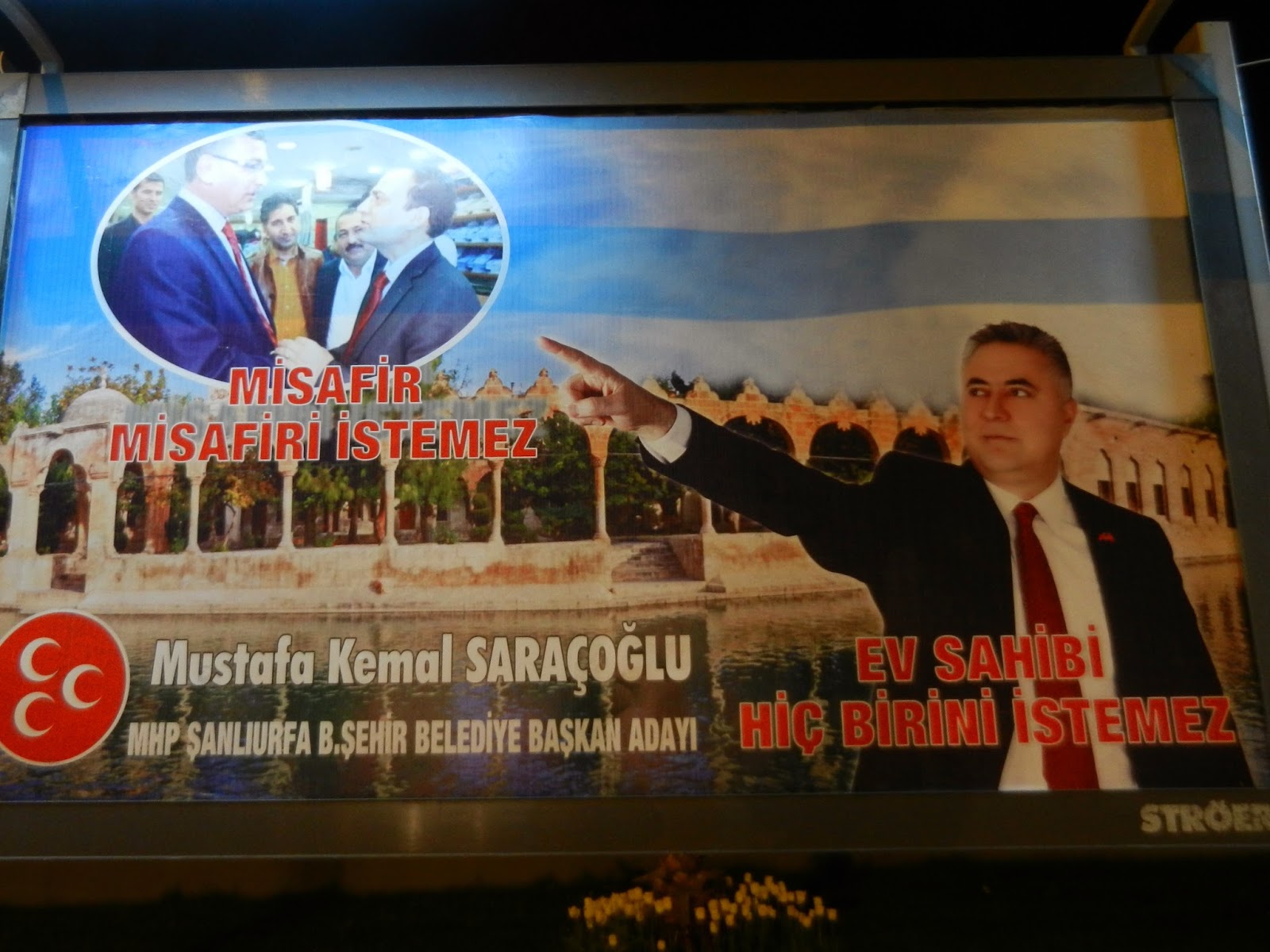This week we are talking about trees. And sex and death and education.
Fig wasp
70-90 million years ago, fig trees and certain wasps started needing each other to reproduce.
Dinosaurs were alive at that time.
Most fig trees still rely on wasps for pollination.
Here is how it works for at least one kind of fig wasp:
The baby insects are born inside a fig. "The males' only tasks are to mate with the females while still within the fig syconium and to chew a hole for the females to escape."
Later, when the females are ready to deposit their own eggs, they wriggle into a new fig, incidentally pollinating it, and scraping off their wings and most of their antennae. They lay their eggs in the internal flowers of the fig and die.
"Female fig wasps can reach the ovaries of short female flowers with their ovipositors, but not long female flowers. Thus, the short flowers grow wasps, whereas the long flowers become seeds."
The short flowers grow wasps
(The poetry of Wikipedia)
Finally, "In figs of this sort, the crunchy bits in the fruit contain both seeds and wasps."
Yep. I'm still unclear about whether these wasps that we eat are dead adults or dead babies. Meh. I love figs regardless. Let's talk about another tree.
American chestnut
Maciej told me that American chestnut trees used to cover massive swathes of eastern North America and grew to be a hundred feet tall.
Wikipedia confirms this.
100 feet fall. 10 feet in diameter. From Ontario to Mississippi. From the Atlantic to the Ohio Valley. As Maciej said, "they rained chestnuts."
Around 1900, some Asian chestnut trees were imported, containing a bark fungus.
"The airborne bark fungus spread 50 mi (80 km) a year and in a few decades girdled and killed up to
three billion American chestnut trees."
Now there are fewer than 100 large survivors in the original range.
The American chestnut, "may have ultimately become vulnerable to disease because of a near-monoculture in some locations."
Diversity. Diversity. Diversity. Or eventual death.
On that note, let's take a quick look at Christy Clark's new plan for post-secondary education in this province.
"B.C.'s Skills for Jobs Blueprint"
Released in April,
this document explains how the provincial government will "re-engineer" B.C.'s colleges and universities to favour the LNG sector. Yes, seriously.
LNG is mentioned in 25 of the 40 pages.
LNG is actually the
bright blue heading for pages 24-40.
Maybe you saw the news about
VCC laying off 150 of its 190 ESL teachers. That's connected.
I can't stop thinking of the clichéd phrase,
putting all your eggs in one basket.
Let's do a little math.
100,000
That's how many jobs
might be created by the LNG sector, says the provincial government newsroom. ("58,700 direct and indirect construction jobs, 23,800 permanent direct and indirect jobs for operations, and thousands more of induced jobs as a result of households having more income." So that's a hopeful number.)
2,500,000
That's about how many people are in the labour market in B.C., according to Statistics Canada.
100,000 divided by 2,500,000 = .04
4%
That seems like a small percentage of potential jobs.
The metaphor I am kind of going for with the trees: we need diversity in our education, so that we have different types of thinkers and skilled people, for adapting to different environments.
Over and out.
(
image one source /
image two source)
Correction 10/26/2014: I did some more reading this last week, and the layoffs at VCC are not directly related to "B.C.'s Skills for Jobs Blueprint." They are there result of a federal funding cut. Same zeitgeist, different levels of government.

















































